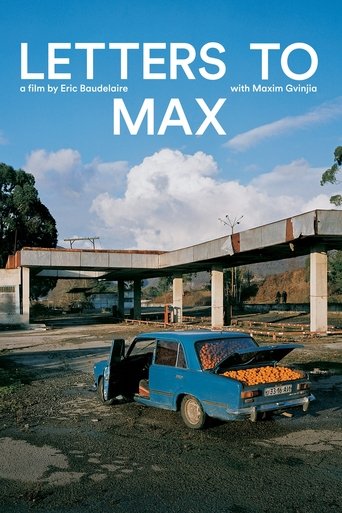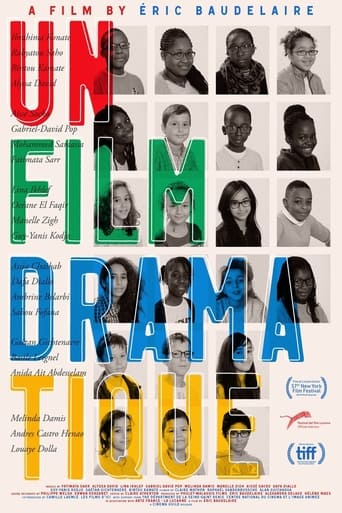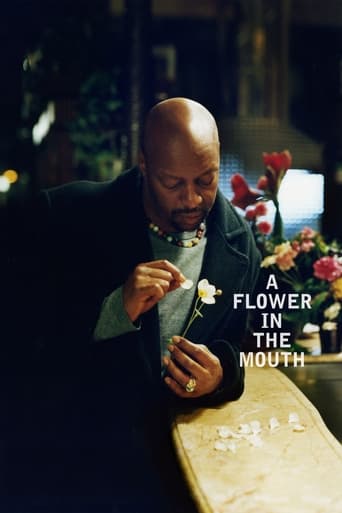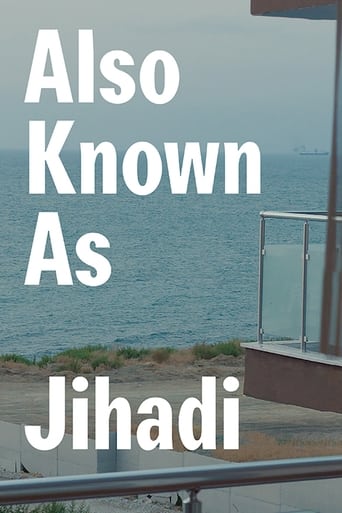Letters to Max 2014
A record of the epistolary encounter between French artist and filmmaker Eric Baudelaire and Maxim Gvinjia, former Foreign Minister of the breakaway Caucasian state of Abkhazia, Letters to Max is both a chronicle of a developing friendship and an ingenious, unusual essay film about the inherently speculative nature of nationhood.




